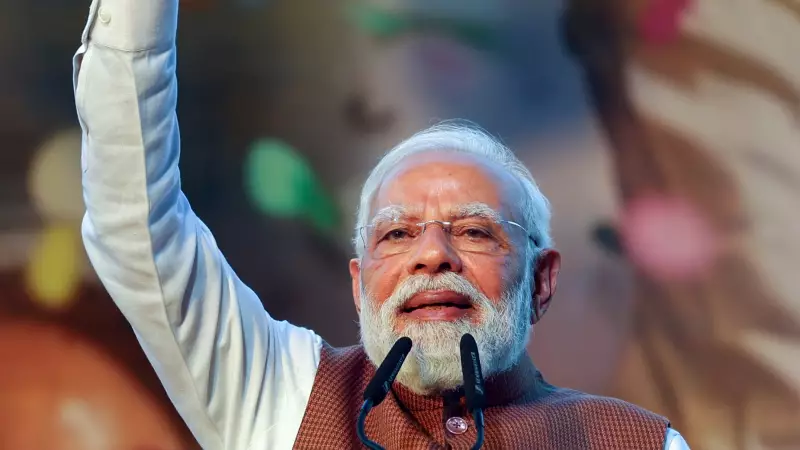
Prime Minister Narendra Modi delivered a powerful address to the Bihar community in Surat on Saturday, November 16, 2025, where he credited the people of Bihar for the massive mandate that returned the NDA to power in the state.
Bihar's Political Wisdom Praised
Speaking at Surat International Airport, the Prime Minister made a significant statement about Bihar's political awareness. "One doesn't have to teach politics to the people of Bihar, they wield the power to teach politics to the world," Modi declared in Hindi, highlighting the global recognition of Bihar's talent and political wisdom.
He emphasized that Bihar has shown a strong willingness to reach new heights in development, and the recent election results reflected this positive change. According to Modi, the combination of women and youth - what he called the "M-Y" factor - has strengthened the foundation of politics for decades to come.
Strong Criticism of Opposition
The Prime Minister launched a sharp attack on the opposition without directly naming key leaders. He referred to a "naamdar" (dynast) and a "jamanati beta" (son out on bail) who he accused of spreading the "poison of casteism" throughout Bihar.
Modi stated that the election results have completely rejected caste-based politics, calling it a "bright signal for the country." He also criticized attempts to communalize politics, mentioning how one leader allegedly threatened to tear the Waqf law and how people rejected this "poison of communalism."
Internal Congress Dissent Highlighted
In a significant observation about the Congress party's internal dynamics, Modi claimed that many within Congress who have nationalist ideology and previously worked under Indira Gandhi and Rajiv Gandhi are unhappy with the conduct of the "naamdar."
He quoted these unnamed Congress members as saying that "nobody can now save the Congress." The Prime Minister suggested that the party should engage in introspection about why an organization that ruled for 50-60 years has been "finished in one or two decades."
Modi criticized the opposition's tendency to blame EVMs, the Election Commission, or electoral roll revisions for their defeats, stating that this excuse-making won't be accepted by their cadres for very long.
Broader Political Implications
The Prime Minister positioned the Bihar verdict as crucial for India's political future. He asserted that the opposition cannot genuinely talk about Swadeshi, Atmanirbhar Bharat, or Viksit Bharat because their "primary concern is not this country, nor the future of its people."
Modi's address in Surat came as analysis of the Bihar election results continues, with the Prime Minister suggesting that political analysts will need months to fully understand the implications of what he described as a transformative mandate from Bihar's voters.





